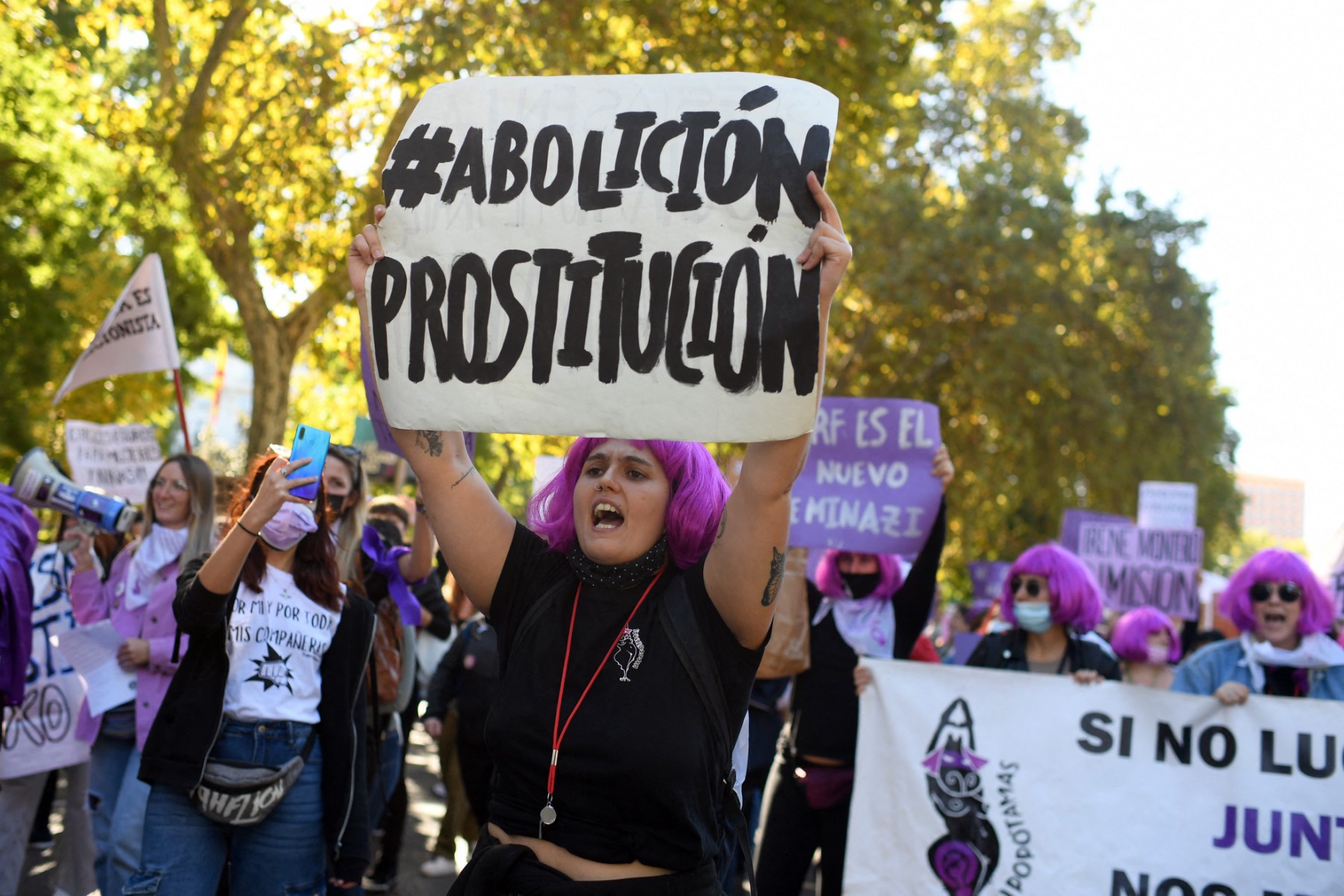The Spanish government has approved three new types of leave to take care of children or close relatives, and to help parents manage periods without school. These were measures that were originally included in the Family Law passed in late-2022 but yet to be approved.
READ ALSO: UPDATE: Five things you should know about Spain’s new Family Law
Instead, the leave of absence measures have been introduced as part of the Royal Decree-Law on anti-inflationary crisis measures. They aim to improve work-life balance, and have been spearheaded by Spain’s Minister of Social Rights, Ione Belarra.
The new leave schemes will come into force immediately when they are published in the BOE this week.
The first of these leaves of absence is for five days a year and will be paid leave. It can be used in the event of a serious accident or illness, hospitalisation or surgery without hospitalisation that requires rest when it affects a relative or a person with whom they live.
The second is “force majeure” leave. It can be used on an hourly basis and amount to up to a total of four days per year for each worker for “urgent family reasons”. It will also be paid. This type of force majeure leave is intended to be short-term incidents, such as if a parent is ill and needs to be accompanied to the doctor or if a child becomes ill and one of the parents needs to stay at home to look after the child.
The third is parental leave, and will be unpaid. This leave of absence can last up to eight weeks a year, can be taken continuously or discontinuously, full-time or part-time, until the child reaches the age of 8. It is designed, for example, to provide a solution for parents to cope with adaptation periods in nurseries and schools or for periods without classes, namely during the summer or Christmas period.
Belarra said of the new leave: “We are happy to achieve these advances, but we know very well that it is not enough. There are still many people who feel that they do not see their children grow up, that they do not spend quality time with their partner, that they can only see their parents a few hours a week.”
Belarra, who is also leader of Unidas Podemos and part of the Sumar electoral platform, promised to “continue promoting” further measures to make forming a family in Spain “a little bit easier”.
“We want to have time for the most important things and there is still time to make this possible,” she said in a video posted to social media.
The leaves of absence, included in the recent royal decree, were originally meant to be approved as part of Spain’s wide-ranging Family Law, legislation that included, among other things, a €100 handout for mothers with children from 0 to 3 years, recognition of ‘all forms of family’ and support for single-parent families.
This includes those who are married or have registered as a pareja de hecho (common-law partners). Common-law partners will now have access to the 15 days of permission for registration, like those who get married, and will be able to access the same permits.




 Please whitelist us to continue reading.
Please whitelist us to continue reading.
Member comments